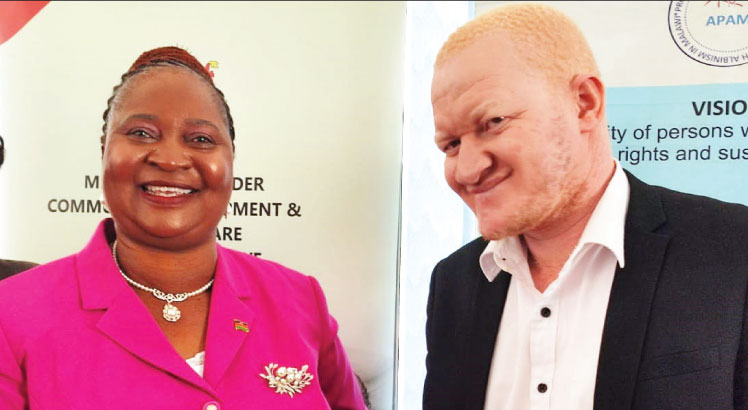Malawi is today clocking 30 years since its adoption of democracy over dictatorship in a June 14 1993 National Referendum.
In voting for pluralism, Malawians hoped for the best in terms of economic and social well-being, access to opportunities, quality of education and healthcare for all.
But responding to The Nation on their assessment of democracy, Public Affairs Committee (PAC) and other commentators, notably Hetherwick Ntaba, Unandi Banda and Humphrey Mvula noted that despite freedom of expression, independence of government institutions, among others, multiparty democracy also brought a lot of negatives such as high corruption levels.
Thawale: There is a lot
of corruption
In an interview yesterday, PAC chairperson Monsignor Patrick Thawale said during the referendum people fought for active and inclusive participation and freedom of expression which Malawians are currently enjoying.
But he observed that the quality of education, especially in public schools, has gone down, a situation that he said has also affected the country’s economic growth.
Said Thawale: “There is a lot of corruption and kind of dubious businesses. What is happening on the ground is really so pathetic and one area is lack of control of price of commodity.”
Ntaba, who represented Malawi Congress Party (MCP) in the 1993 National Consultative Council (NCC) that facilitated the transition to multiparty democracy and amendment of the Constitution, said a majority of the people who were fighting for democracy would not be happy with the country’s current economic status.
In an interview, he said since the dawn of multiparty democracy, the country has been struggling economically.
Ntaba said the country’s economic status is not what they were expecting during the referendum.
He said: “If we look at other countries at the levels they were 30 years ago and compare to where they are now, I think you will find that they have developed a lot more than we have done.
“I don’t think that many who were around that time and look at the present situation will be happy that we have achieved what we wanted at the time we were holding referendum.”
Banda, who represented the defunct Malawi Democratic Party in the NCC, yesterday said corruption and poverty levels have increased and that the country is not growing economically.
He said: “Yes, we have made some gains in terms of governance. We have seen the country moving forward to interpret the term ‘majority’ that is 50-percent-plus-one vote.”
Former Speaker of Parliament Louis Chimango, who was also an NCC member representing MCP, noted that during the one-party system, Malawi’s economic performance was rated highly unlike during multiparty democracy.
He said corruption and natural disasters have contributed to the country’s current economic status.
“We are challenged as a nation with climate change. We are being more importers than exporters. As a nation, we are not united, there is tribalism. This has affected the development of the country,” said Chimango.
Mvula, on the other hand, observed that all the gains in the multiparty democracy such as freedom of the press, independence of government institutions such as the Anti-Corruption Bureau will be eroded by losses.
Economics Association of Malawi executive director Frank Chikuta in an interview said economic performance at the macro level is judged by levels of income, sustainability of the external sector in terms of having enough reserves, financial imports and inflation rate, among others.
He said Malawi has remained poor throughout both periods, as such, it is difficult to say Malawi was better before or after the referendum.
During the referendum, about 64 percent of the electorate voted against prolonging MCP’s 31-year monopoly on power.
The post Democracy clocks 30,draws mixed views first appeared on The Nation Online.
 Moni Malawi
Moni Malawi 

